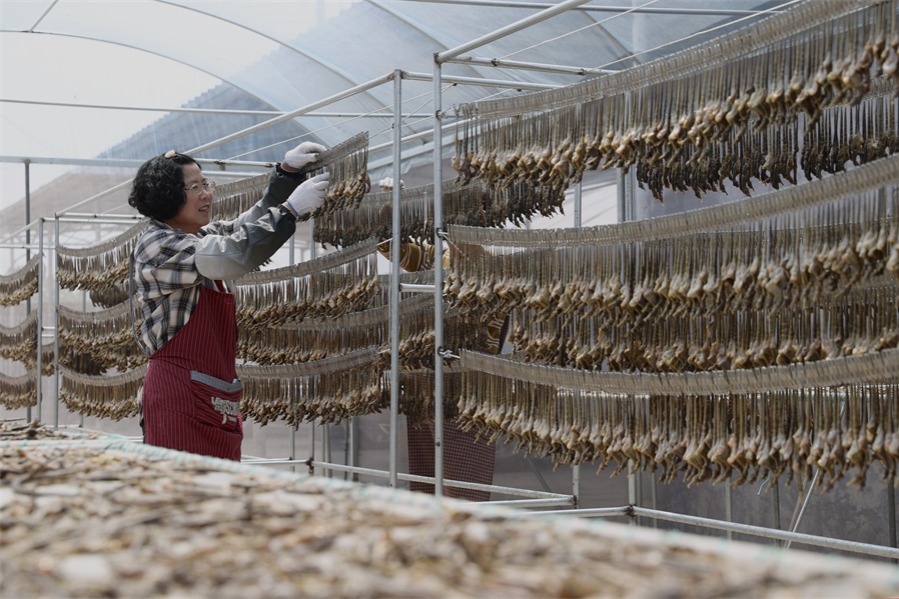Nigeria flags off first AfCFTA air cargo route to East, Southern Africa
… air freight costs for Nigerian exporters cut by 50%
In a major boost to Nigeria’s participation in the African Continental Free Trade Area (AfCFTA), the Federal Government on Sunday officially launched the inaugural Nigeria–East/Southern Africa Air Cargo Corridor, a strategic trade route aimed at expanding Nigerian exports across the continent and reducing logistics challenges for local businesses.
Speaking at the ceremony on Sunday in Abuja, the Minister of Industry, Trade and Investment, Dr. Jumoke Oduwole, described the launch as a “milestone” that transforms AfCFTA from a political agreement into a practical reality for Nigerian exporters- especially for micro, small, and medium-sized enterprises (MSMEs).
ALSO READ: Nigeria launches largest oncology diagnostic centre in West Africa
“This corridor is more than a logistics initiative. It is a strategic trade enabler accelerating regional integration and unlocking new opportunities for Nigerian exporters,” the Minister said.
The corridor, developed in partnership with Uganda Airlines, is part of a wider government effort to reduce the high costs and long delivery timelines that have historically plagued intra-African trade.
Under the new initiative, air freight costs for Nigerian exporters will be cut by 50%, with special rates available to members of leading national business associations such as NACCIMA, NASME, NASSI, and WCCIMA.
The flag-off comes weeks after President Bola Tinubu approved and gazetted Nigeria’s Provisional Schedule of Tariff Concessions (PSTCs) under AfCFTA, enabling local products to benefit from lower tariffs in participating African countries.
“The AfCFTA tariffs are now gazetted. The time for preparation is over. The time for action is now,” Oduwole emphasised, urging Nigerian businesses to seize the moment and scale across the continent.
The air cargo route, which begins operations from Lagos and Abuja, is designed to facilitate fast, secure, and cost-effective export of perishable and time-sensitive goods including textiles, cosmetics, processed foods, and leather products.
Oduwole commended the United Nations Development Programme (UNDP) for its technical and financial support, particularly in co-developing a new AfCFTA Market Intelligence Tool, which will be launched on May 26 to help Nigerian businesses decode regulatory environments and identify high-potential markets across East and Southern Africa.
She also acknowledged the critical role of the Ministry of Aviation, Federal Airports Authority of Nigeria (FAAN), and the Nigeria Customs Service, who helped streamline clearance and logistics to make the corridor operational.
The Minister positioned the new corridor as a homegrown African solution tailored to overcome the barriers that have held back regional commerce.
“This solution is built by Africans, for Africans – capitalizing on Nigeria’s strategic location, our role as AfCFTA Digital Trade Co-Champion, HerAfCFTA Champion and our unmatched entrepreneurial spirit,” she said.
The corridor will also allow the government and business associations to track trade volumes and performance in real time, helping to shape future policy interventions.
Among the standout participants in the inaugural cargo flights are Nigerian companies exporting goods ranging from bags and garments to cosmetics and agro-processed foods. The Minister praised their pioneering spirit, saying their shipments symbolized the resilience and ambition of Nigerian entrepreneurship.
“These flights are not just carrying goods – they are carrying the commitment, ambitions, and resilience of Nigeria’s entrepreneurs,” she added.
As Nigeria cements its position in AfCFTA, experts say initiatives like the air cargo corridor could dramatically alter the country’s trade profile, positioning it as a key hub in intra-African commerce and a continental leader in supply chain innovation.
The corridor is expected to be expanded in future phases, potentially including additional African partners and logistics hubs.











